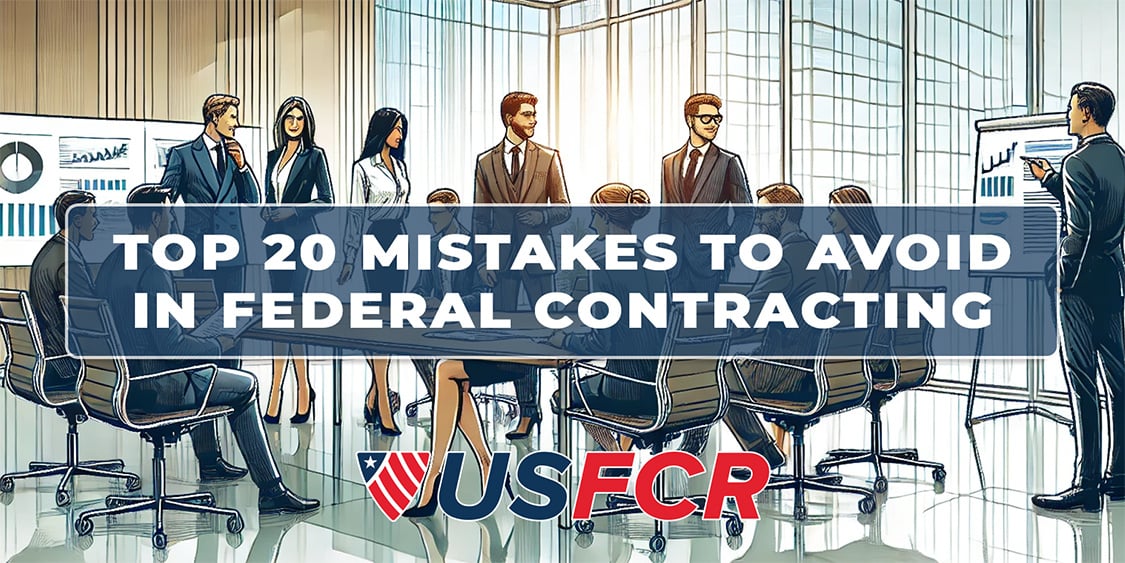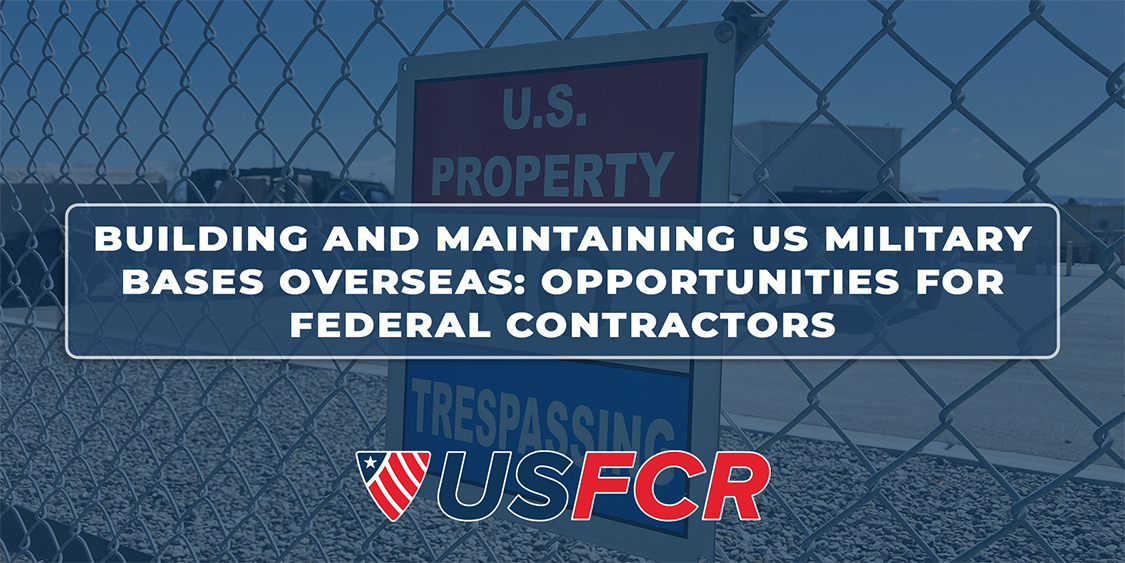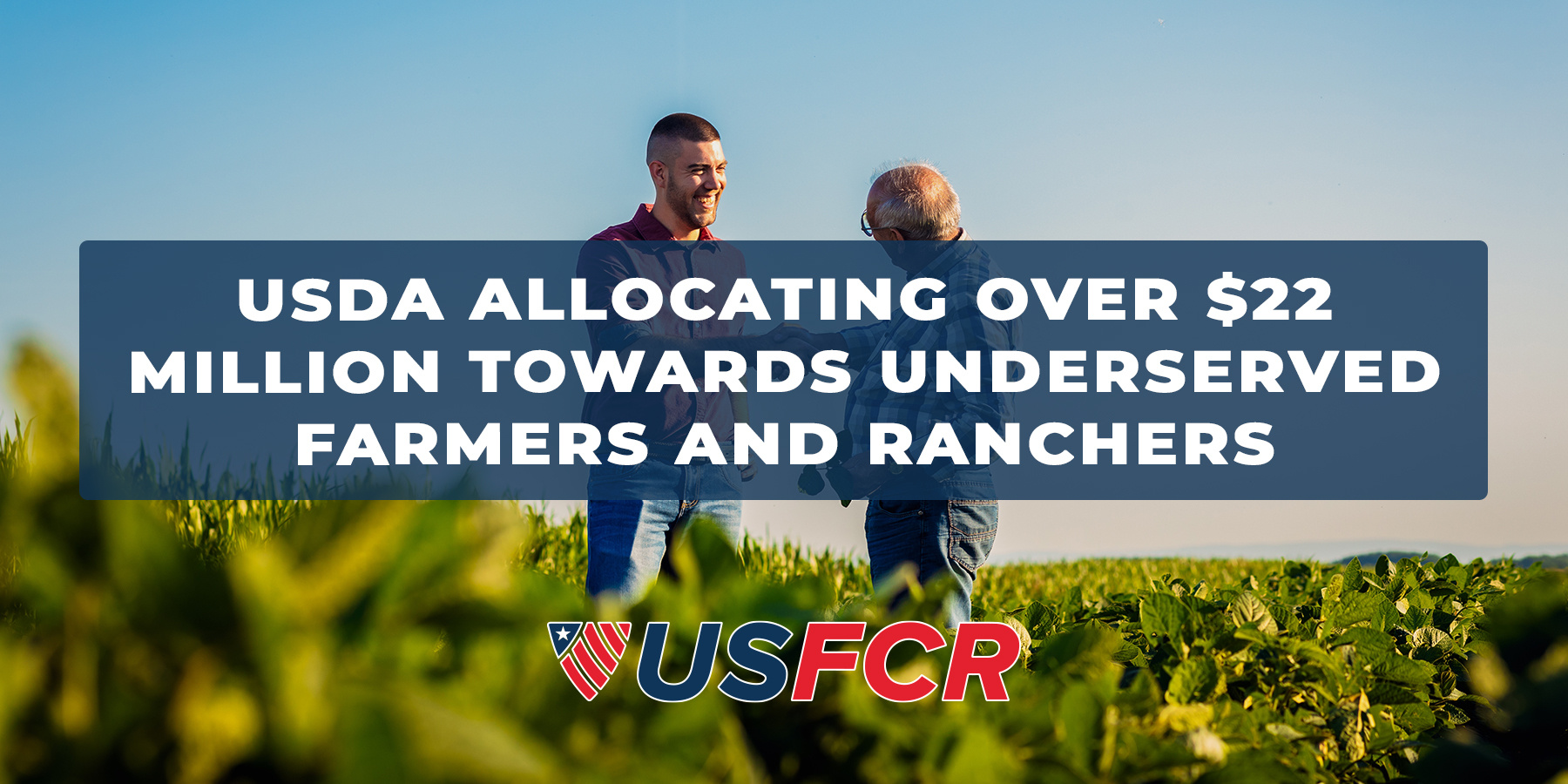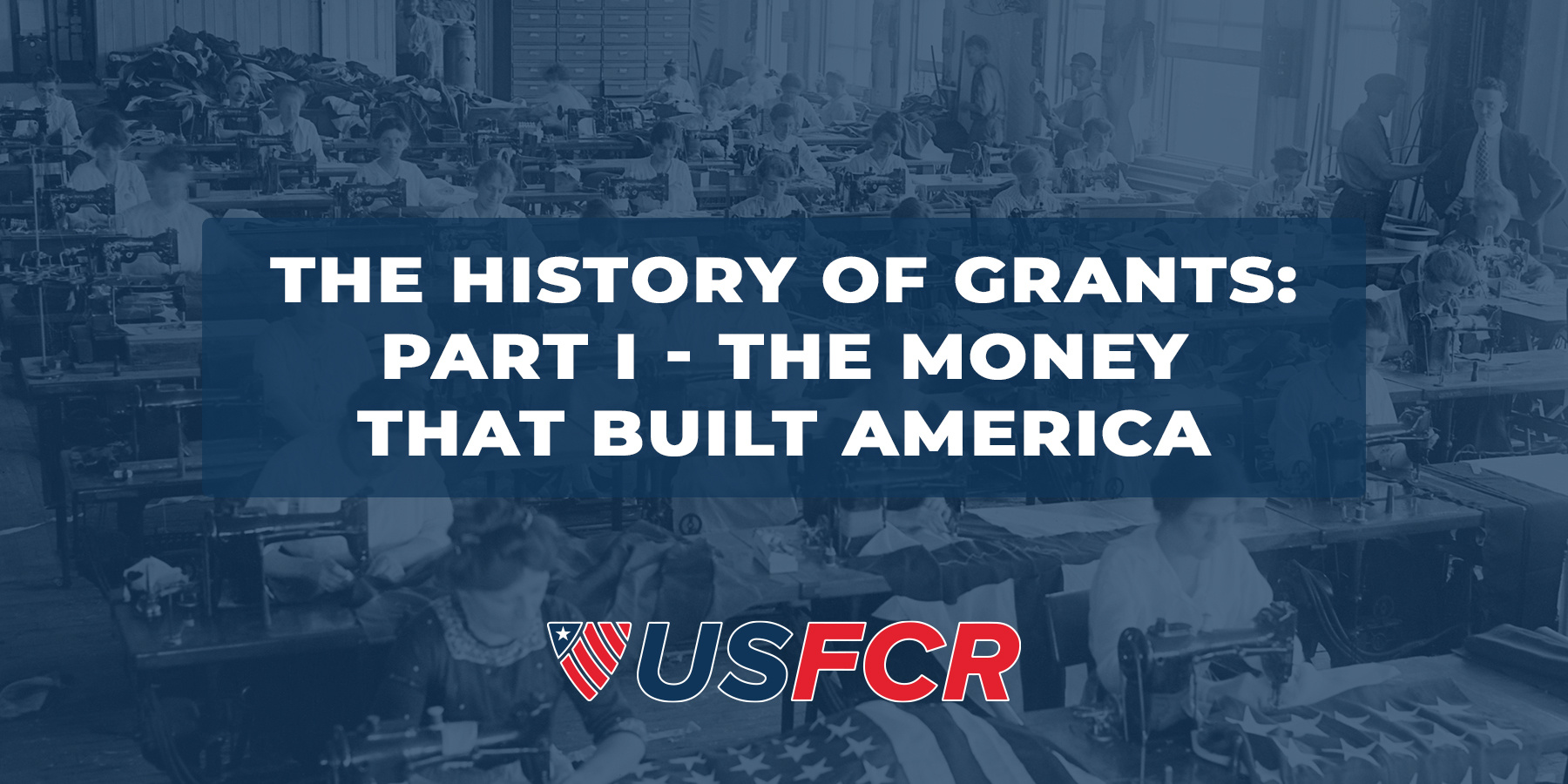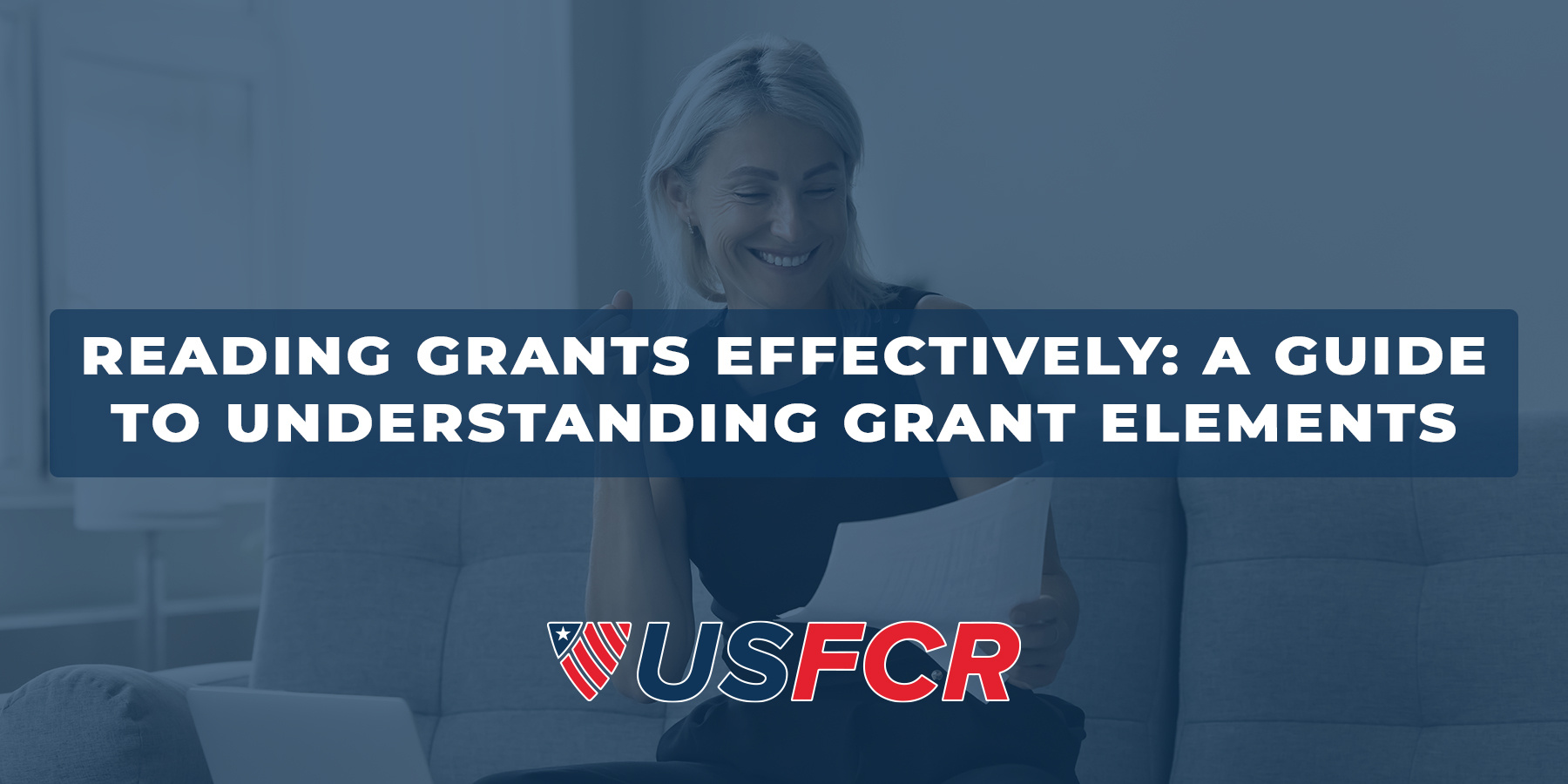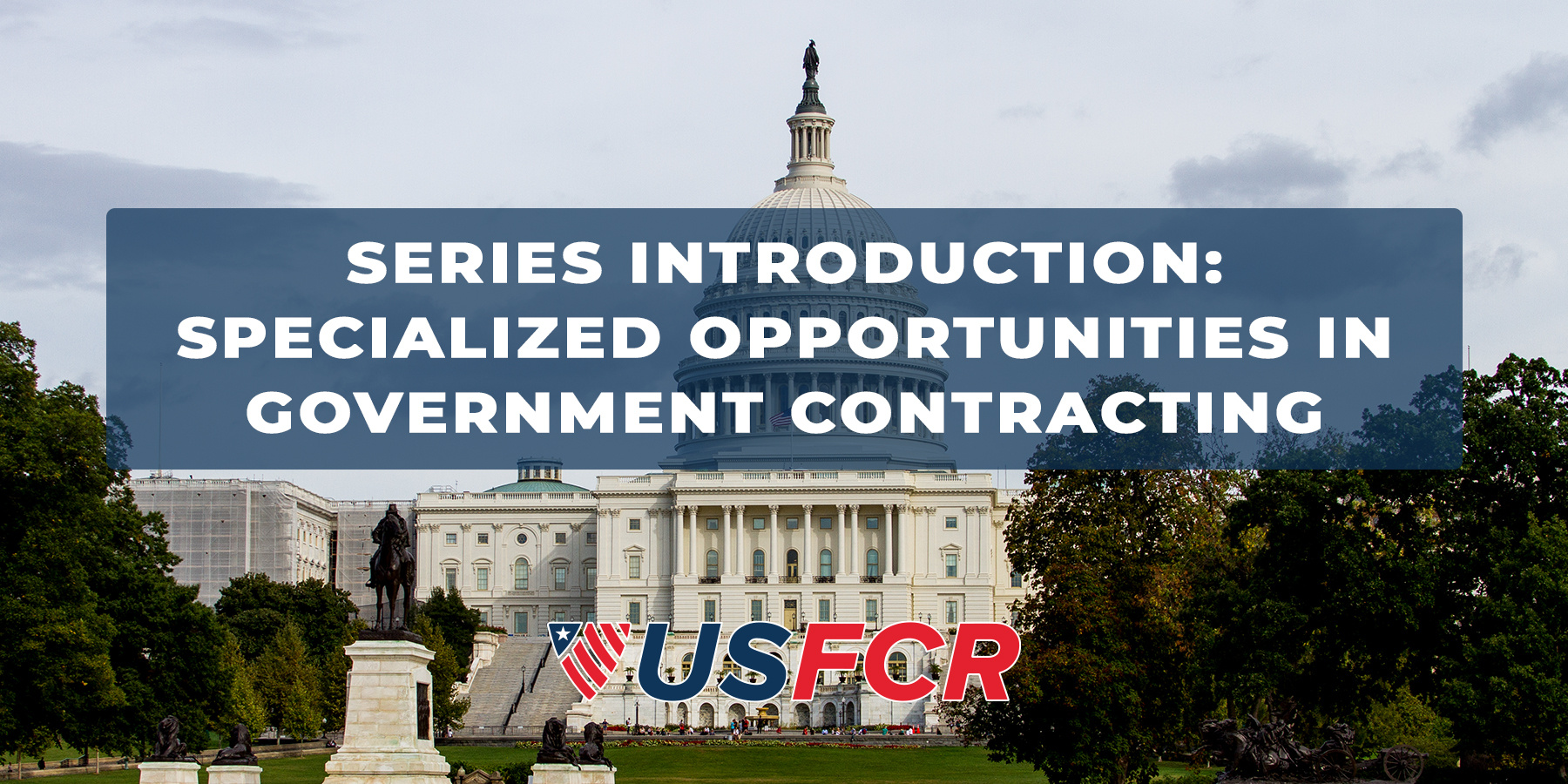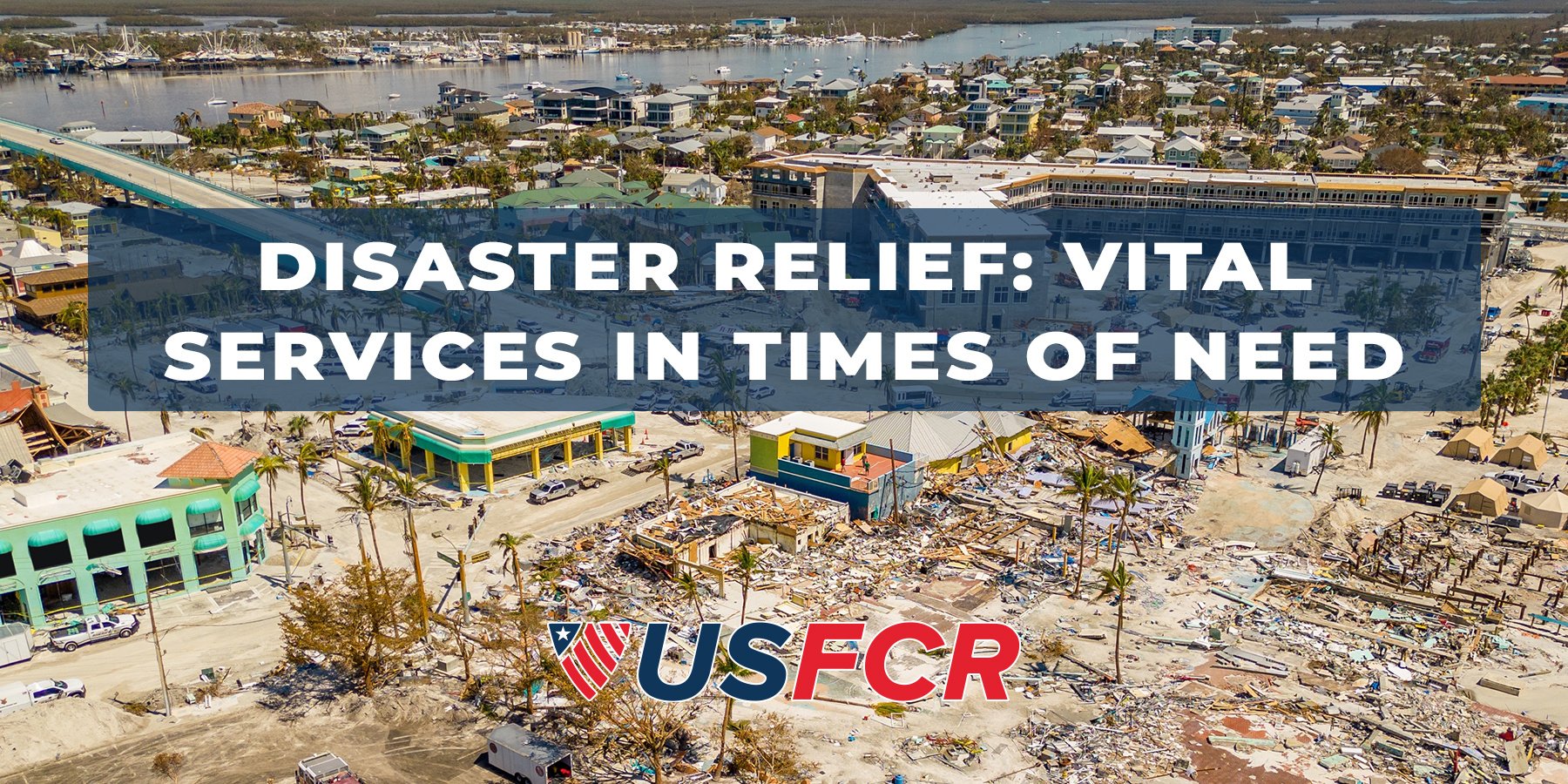Did you know that according to a recent study, businesses lose millions each year due to preventable mistakes in federal contracting? Navigating the federal contracting process can be complex, especially for newcomers. By understanding these common pitfalls, you can avoid costly missteps and significantly increase your chances of winning contracts. This article is especially beneficial for small businesses new to federal contracting.
Building and Maintaining US Military Bases Overseas: Opportunities for Federal Contractors
Jun 18, 2024 10:27:53 AM / by USFCR posted in News, Federal Spending
Lucrative contracts, global reach, and community impact: Your guide to federal work abroad
U.S. military bases overseas are essential for global security and international operations. But beyond their strategic value, they represent billions of dollars in construction, maintenance, and modernization efforts—many of which are open to small and midsize U.S. contractors. These projects don’t just serve the military. They also drive local economies, create jobs, and support infrastructure development in communities around the world.
USDA Allocating Over $22 Million Towards Underserved Farmers and Ranchers
Jun 6, 2024 9:18:44 AM / by Mari Crocitto posted in News, Hot Grants, Grants
The Outreach and Assistance for Socially Disadvantaged and Veteran Farmers and Ranchers, also known as the 2501 Program, has recently been released with the goal of enhancing equal access and opportunities for the underserved by encouraging participation in USDA programs related to agriculture and forestry. Under this initiative, the USDA, in partnership with the OPPE, is expected to reward applicants with funding geared towards aiding underserved populations with the ownership and operation of farms and ranches. Funding will also be allocated to projects that aid in the development of underserved youth’s interest in agriculture through education and training.
The History of Grants: Part I - The Money That Built America
Jun 3, 2024 1:28:21 PM / by USFCR Academy posted in News, Hot Grants, Grants
Since formation, the United States has utilized grants to distribute resources amongst its various states and peoples. From farmers to industrialists, the federal government has pursued a policy of no-strings-attached funding for a variety of projects that serve the national interest. Because of this, grants have taken and will continue to take, many different and unique forms over the years to effectively influence the progression of national goals through for-profit and nonprofit entities. Follow along in this multi-part series, The History of Grants, as we explore some of the most effective and impactful programs that have helped build America, as well as contemporary examples of what we’re doing today to make change happen.
Reading Grants Effectively: A Guide to Understanding Grant Elements
Jun 3, 2024 1:28:00 PM / by Mari Crocitto posted in News, Hot Grants, Grants
“Don’t be pushed by your problems. Be led by your dreams.”
– Ralph Waldo Emerson
Grant opportunities allow organizations to elevate their current programs so they can channel connections within their communities to provide assistance to their intended populations. However, searching through the plethora of federal, national and foundational databases to identify Funding Opportunity Announcements (FOAs), Request for Proposals (RFPs) or Notice of Funding Opportunities (NOFOs) can get tiring if you are unsure what to seek out.
In the dynamic world of federal contracting, understanding where your business fits can be the key to unlocking opportunities. From groundbreaking technologies to essential public services, certain sectors stand out for their potential. This series, "Specialized Opportunities in Government Contracting," is crafted to highlight these areas, offering insights and actionable strategies for businesses eager to navigate the federal marketplace. Dive into each sector with us as we provide the tools you need to identify, pursue, and secure government contracts that align with your expertise.
In times of crisis, timely and effective disaster relief services are essential. With natural disasters becoming more frequent and severe, the federal government is intensifying preparedness, response, and recovery efforts. This opens opportunities for businesses adept at navigating disaster relief. This guide highlights the crucial role of these services in federal contracting and how your business can become a key player in supporting government efforts to aid communities during their most vulnerable moments.
Education technology (EdTech) is at the forefront of innovation, with the government investing significantly in this sector. These investments create unparalleled opportunities for firms ready to enhance learning experiences. This guide will show you how your EdTech solutions can transform educational outcomes, fostering a brighter future for upcoming generations.
Research and Development: Pioneering Public Sector Innovations
In a world driven by technological advancements and scientific breakthroughs, the government's investment in research and development (R&D) across key sectors such as technology, healthcare, and energy marks a golden era for innovation. This guide underscores how your R&D efforts can meet federal needs, propelling public service into new realms of efficiency and effectiveness.
Financial Services: Steering Fiscal Responsibility
Maintaining fiscal responsibility and accountability is essential in federal operations. With government spending under scrutiny, your expertise in auditing, accounting, and financial management is more valuable than ever. This guide shows how your firm can help the government achieve better fiscal discipline and transparency.
